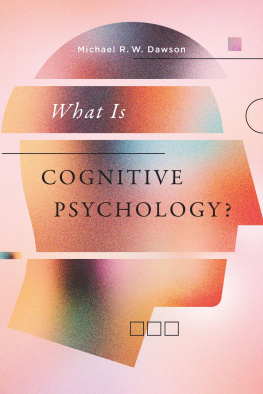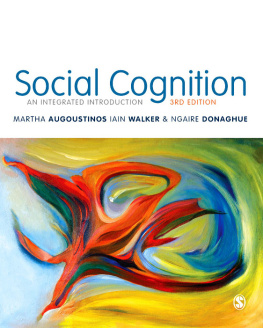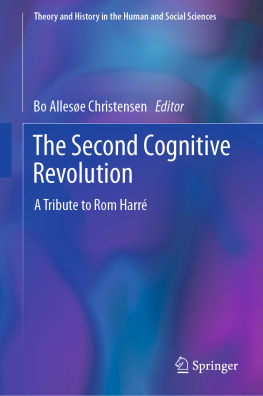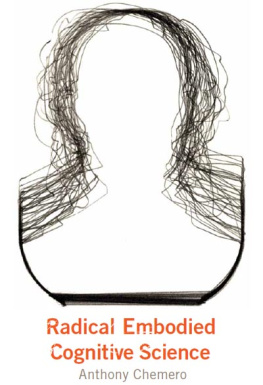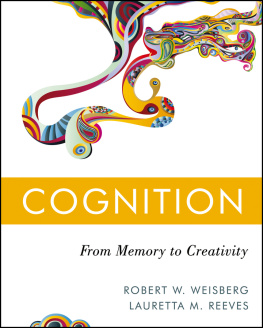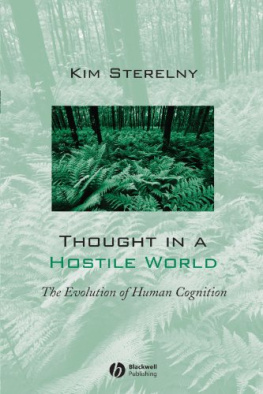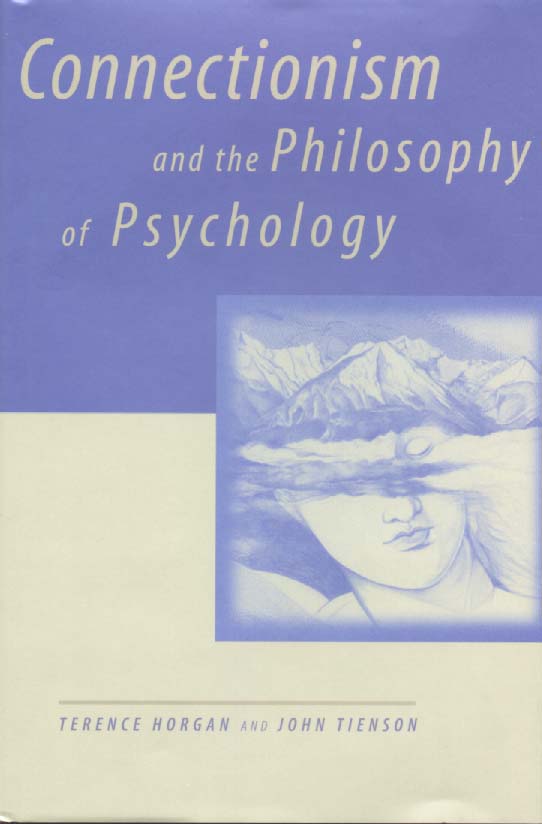Terence E. Horgan - Connectionism and the Philosophy of Psychology
Here you can read online Terence E. Horgan - Connectionism and the Philosophy of Psychology full text of the book (entire story) in english for free. Download pdf and epub, get meaning, cover and reviews about this ebook. year: 1996, publisher: The MIT Press, genre: Romance novel. Description of the work, (preface) as well as reviews are available. Best literature library LitArk.com created for fans of good reading and offers a wide selection of genres:
Romance novel
Science fiction
Adventure
Detective
Science
History
Home and family
Prose
Art
Politics
Computer
Non-fiction
Religion
Business
Children
Humor
Choose a favorite category and find really read worthwhile books. Enjoy immersion in the world of imagination, feel the emotions of the characters or learn something new for yourself, make an fascinating discovery.
- Book:Connectionism and the Philosophy of Psychology
- Author:
- Publisher:The MIT Press
- Genre:
- Year:1996
- Rating:3 / 5
- Favourites:Add to favourites
- Your mark:
Connectionism and the Philosophy of Psychology: summary, description and annotation
We offer to read an annotation, description, summary or preface (depends on what the author of the book "Connectionism and the Philosophy of Psychology" wrote himself). If you haven't found the necessary information about the book — write in the comments, we will try to find it.
Human cognition is soft. It is too flexible, too rich, and too open-ended to be captured by hard (precise, exceptionless) rules of the sort that can constitute a computer program. In Connectionism and the Philosophy of Psychology, Horgan and Tienson articulate and defend a new view of cognition. In place of the classical paradigm that take the mind to be a computer (or a group of linked computers), they propose that the mind is best understood as a dynamical system realized in a neural network.Although Horgan and Tienson assert that cognition cannot be understood in classical terms of the algorithm-governed manipulation of symbols, they dont abandon syntax. Instead, they insist that human cognition is symbolic, and that cognitive processes are sensitive to the structure of symbols in the brain: the very richness of cognition requires a system of mental representations within which there are syntactically complex symbols and structure-sensitive processing.However, syntactic constituents need not be parts of complex representations, and structure sensitive processes need not conform to algorithms. Cognition requires a language of thought, but a language of thought implicated in processes that are not governed by hard rules. Instead, symbols are generated and transformed in response to interacting cognitive forces, which are determined by multiple, simultaneous, (robustly) soft constraints. Thus, cognitive processes conform to soft (ceteris paribus) laws, rather than to hard laws. Cognitive forces are subserved by, but not identical with, physical forces in a network; the organization and the interaction of cognitive forces are best understood in terms of the mathematical theory of dynamical systems.The concluding chapter elaborates the authors proposed dynamical cognition framework.A Bradford Book
Terence E. Horgan: author's other books
Who wrote Connectionism and the Philosophy of Psychology? Find out the surname, the name of the author of the book and a list of all author's works by series.


